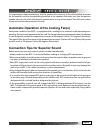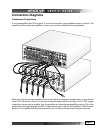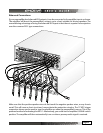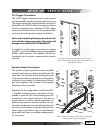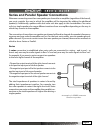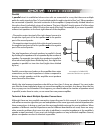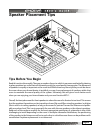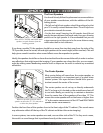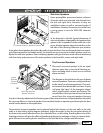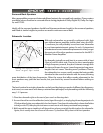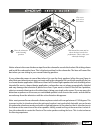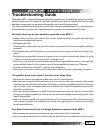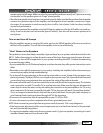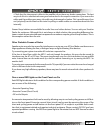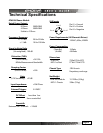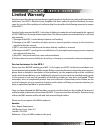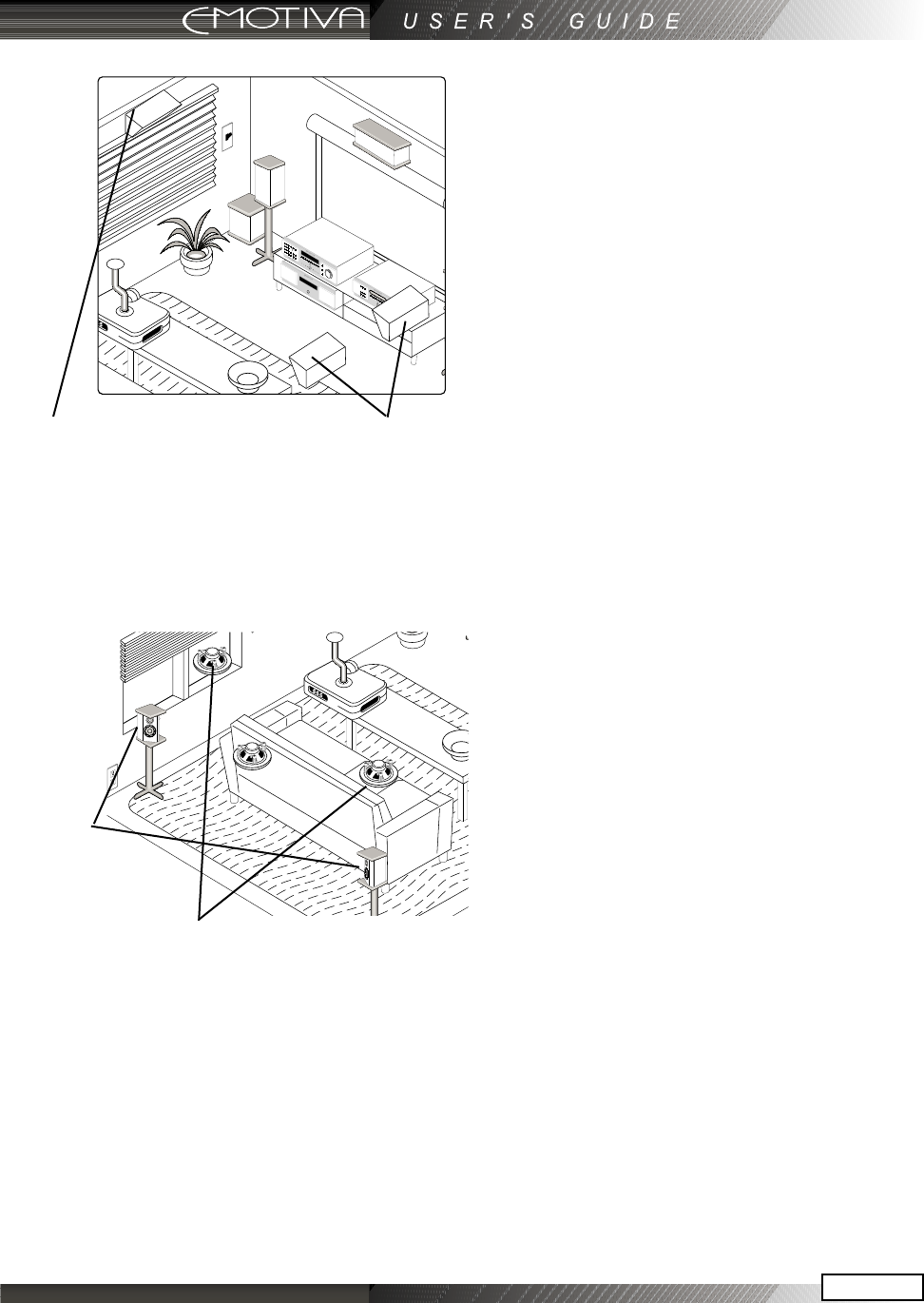
Page 28
Page 29
Side-Axis Speakers
Some preamplier processors feature side-axis
channels which are matrixed and derived from
the left and right front channels, so they are
available in stereo as well as surround modes. If
available as a feature, the processor should have
a set-up menu to turn the SIDE-AXIS channels
ON or OFF.
In the diagram to the left, typical placement of
side-axis speakers is depicted by the speakers that
appear to be “suspended” where walls are in the
room. Another appears above the window on the
left side of the drawing. Wherever you position
them, place these speakers along the side walls, close to the fronts. You can also angle them in towards
your listening position for better results. You should not use a surround or eect speaker (such as a
dipole) for side axis speakers. Direct radiating speakers will give the best result without interfering
with the clarity and presence of the main speakers in the front left, center, and right sides.
The Surround Speakers
Place each surround speaker to be an equal
distance away from your central listening po-
sition and keep them at least one or two feet
above ear level.
The diagram to the left shows the use of dipole
surround speakers. These are usually positioned
to the side of your listening position. They radi-
ate forwards and backwards and have a quiet
null zone (the “apex” of the triangular shape)
which should point towards the listener. The
overall eect is that you cannot hear the direct
sound from the surround speakers because
they don’t directly radiate into the listening space. Most manufacturers of dipole speakers intended
for use as an eects or surround speaker have excellent details on optimum positioning for the best
overall results based on the application.
Conventional surround speakers can be placed behind the listener, on the rear walls or the side
walls or in the ceiling (as the diagram indicates). Adjust the angle so they do not point directly at
the listener but cause reections from the sidewalls, oor, or the ceiling. Avoiding direct aim at the
listening positions will give the eect of broadening the rear soundstage so that you cannot distin-
guish the sound as coming from a small box on the wall but from a larger area behind you.
Potential Side Axis Speaker Locations
Dipole
Surround
Speaker
Locations
In-Ceiling Surround
Speaker Locations
OR



